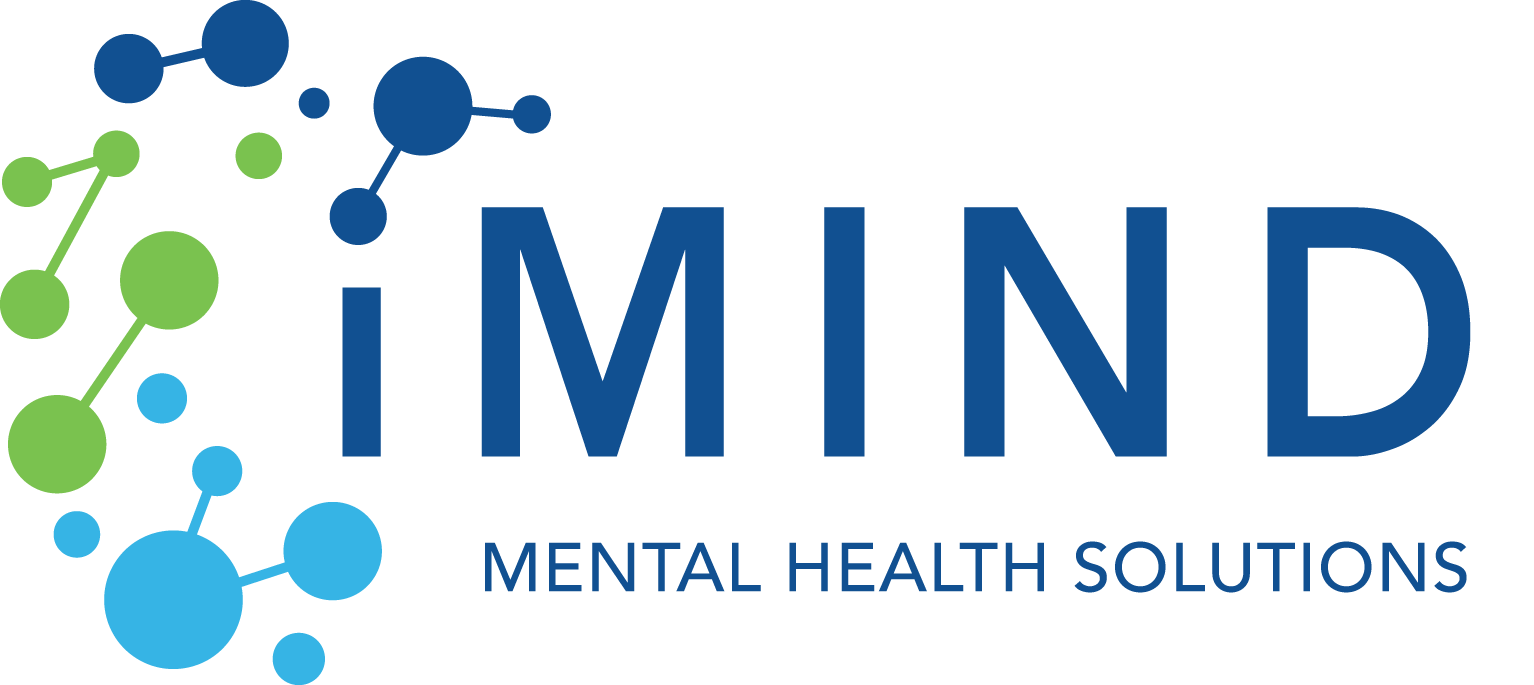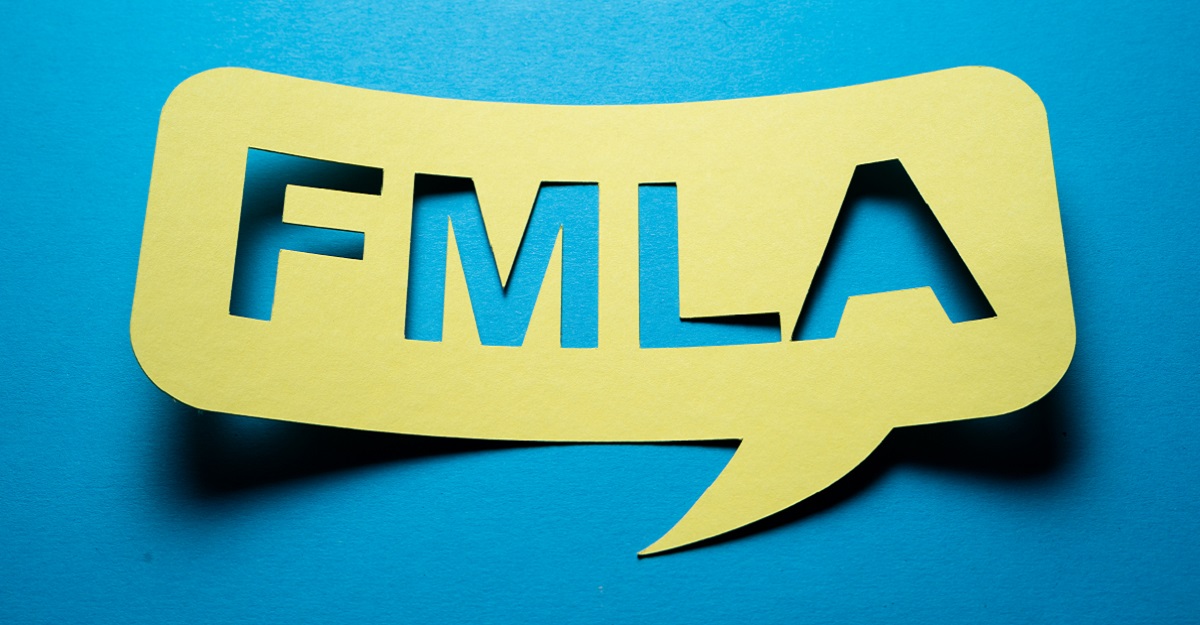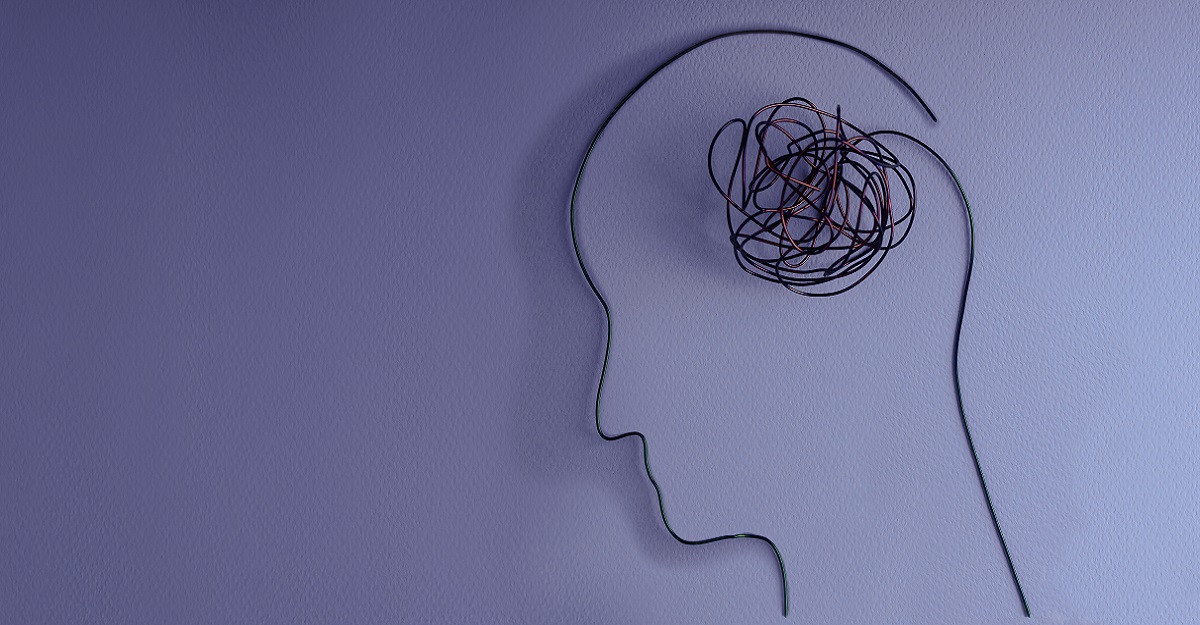Medical Treatment for Mental Health
Thousands of people are able to feel better, function better, and experience a better life, thanks to medication and other treatment that psychiatric professionals provide.
At iMind Mental Health, our experienced psychiatrists and mental health nurse practitioners are waiting to help you experience the best mental health possible.

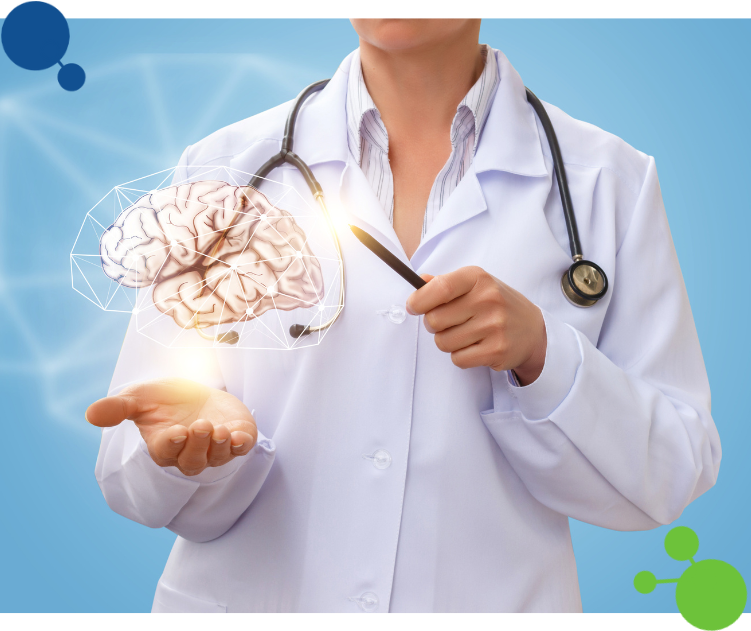
What is Psychiatry?
The American Psychiatric Association defines psychiatry as:
“Psychiatry is the branch of medicine focused on the diagnosis, treatment and prevention of mental, emotional and behavioral disorders.”
-American Psychiatric Association
Along with therapy and cutting-edge treatments such as transcranial magnetic stimulation (TMS) and Spravato, psychiatry is an essential tool used to support mental health. Psychiatric health professionals can diagnose and medically treat mental health conditions, including prescribing medications.
What Conditions Does Psychiatry Treat?
Psychiatry treats the full range of mental health conditions, including:
- Depression
- Anxiety
- ADHD
- Bipolar Disorders
- Stress or Tension
- Panic Attacks
- Grief and Loss
- Anger Management
- Self-Harm
- Phobias
- Conduct Disorder
- Adjustment Disorder
- Borderline Personality Disorder
- Autism Spectrum Disorders
- Impulse Control Disorder
- Post-Traumatic Stress Disorder
- Schizophrenia
- Eating Disorders
- Antisocial Behavioral Disorder
- Obsessive- Compulsive Disorder
What Conditions Does Psychiatry Treat?
Psychiatry treats the full range of mental health conditions, including:
- Depression
- Anxiety
- ADHD
- Bipolar Disorders
- Stress or Tension
- Panic Attacks
- Grief and Loss
- Anger Management
- Self-Harm
- Phobias
- Conduct Disorder
- Adjustment Disorder
- Borderline Personality Disorder
- Autism Spectrum Disorders
- Impulse Control Disorder
- Post-Traumatic Stress Disorder
- Schizophrenia
- Eating Disorders
- Antisocial Behavioral Disorder
- Obsessive-Compulsive Disorder
How Does Psychiatry Work?
Your psychiatric provider is your partner in helping you achieve good mental health, and it all starts with a confidential evaluation.
During your first visit with your psychiatric provider, you will be asked a series of questions about your mental health status as well as your medical history. It is important that you answer honestly and completely.
By conducting a thorough evaluation, your psychiatric provider can determine whether you meet the criteria for a mental health diagnosis and, if so, which treatment would be the best option for you.
As you progress during treatment, regular check- ins with your psychiatric provider will keep you on track to better mental health.

Many people have seen improvement in their lives through
psychiatry:

“I see mental illness as a war, and medication is a weapon. It allows you to face your daily battles with a renewed sense of security, to equip yourself with the proper necessities to dive deep and dole out effort. Before I started taking meds, I literally didn’t have the proper amounts of certain chemicals in my brain. No physical action that I could make myself do would magically replete those diminished sources. Taking a pill that delivers those things to me is the only way for me to get them.”
Lexi Kayser
author of The University News article “Psych meds saved my life”
Many people have seen improvement in their lives through
psychiatry:

“I see mental illness as a war, and medication is a weapon. It allows you to face your daily battles with a renewed sense of security, to equip yourself with the proper necessities to dive deep and dole out effort. Before I started taking meds, I literally didn’t have the proper amounts of certain chemicals in my brain. No physical action that I could make myself do would magically replete those diminished sources. Taking a pill that delivers those things to me is the only way for me to get them.”
Lindsay Kayser
author of The University News article, “Psych meds saved my life”
Psychiatry is an essential tool for mental health. Book your appointment with an iMind psychiatric professional today.
Why it Works: Psychiatry
Psychiatry professionals have both a medical and psychiatric background. They have unique perspective on how the mind and body work together to affect our mood, outlook, and overall mental health.
Because they are trained to accurately evaluate and diagnose mental conditions, they are often the first stop on the journey toward better mental health. They can point the way to the treatments that will be most helpful for individuals, as well as monitor the effectiveness of these treatments – changing course as the need arises.
Often, psychiatric professionals are at the forefront of psychiatric breakthroughs, continually learning about new research in the field as well as new ways to treat mental illness. Having a psychiatric professional on your team means that you receive the best care possible. The better your care, the better the outcome…. meaning better mental health for you.
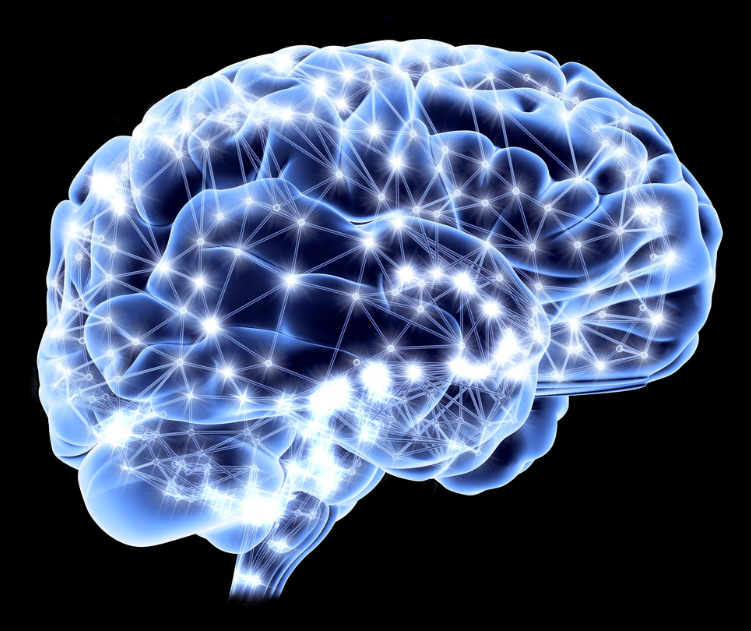
Does Insurance Cover Psychiatry?
Most insurance providers cover psychiatric evaluations and visits to check-in on medication. Of course, their coverage may be susceptible to deductibles and co-insurance. It is recommended that you have your psychiatric provider confirm that they are in-network and run a verification of benefits to see what, if anything, would be your responsibility.
If you are not covered by an insurance plan, most psychiatric providers will also accept cash, credit cards, Care Credit accounts, or Health Savings Account card as payment. Ask your provider about these options as well.

- Kayser, L. (n.d.). Psych meds saved my life. The University News.
- Liu, H. (2023, January). Psychiatry.org – What is Psychiatry? Psychiatry.org.
Mental Health Resources
-
Can You Use FMLA for Mental Health?
Yes, under the FMLA, eligible employees can take up to 12 weeks of unpaid leave per year to address qualifying family-related or health issues – including mental health ones – without the fear of losing their jobs. Here are the general eligibility criteria for both employees and employers…
-
What is the Hardest Mental Illness to Have?
Mental health is a complex part of our wellbeing, deeply personal and uniquely challenging for each one of us. When it comes to mental illnesses, there is no one-size-fits-all. Each condition brings its own set of obstacles and experiences. When we ask, “What is the hardest mental illness to have?” the answer is far from…
-
Does My Child Have ADHD?
Attention-Deficit/Hyperactivity Disorder (ADHD) is a neurodevelopmental disorder commonly recognized in childhood. ADHD manifests through pronounced symptoms of distractibility, impulsiveness, and, in many cases, excessive activity that is beyond the expected behavior for a person’s age and development.
-
Can You Use FMLA for Mental Health?
Yes, under the FMLA, eligible employees can take up to 12 weeks of unpaid leave per year to address qualifying family-related or health issues – including mental health ones – without the fear of losing their jobs. Here are the general eligibility criteria for both employees and employers…
-
What is the Hardest Mental Illness to Have?
Mental health is a complex part of our wellbeing, deeply personal and uniquely challenging for each one of us. When it comes to mental illnesses, there is no one-size-fits-all. Each condition brings its own set of obstacles and experiences. When we ask, “What is the hardest mental illness to have?” the answer is far from…
-
Does My Child Have ADHD?
Attention-Deficit/Hyperactivity Disorder (ADHD) is a neurodevelopmental disorder commonly recognized in childhood. ADHD manifests through pronounced symptoms of distractibility, impulsiveness, and, in many cases, excessive activity that is beyond the expected behavior for a person’s age and development.
Latest News
-
Top 10 Questions About Art Therapy for Mental Health
Art therapy has recently gained recognition for its unique blend of healing therapy and personal expression. Despite its growing popularity, there seems to be some misunderstanding about what art therapy entails, who it can benefit, and how it differs from other forms of therapy.
-
ADHD Strengths: The Positive Side of Attention Deficit Hyperactivity Disorder
Scattered minds, fidgety bodies, and difficulty focusing. Attention Deficit Hyperactivity Disorder (ADHD) often gets painted in shades of struggle. But what if there’s a brighter side to the story? What if, beneath the challenges of ADHD, lie unique strengths just waiting to be unlocked?
We accept most major insurances and private pay options are available









If you do not see your insurance carrier above, please contact us to verify your benefits
